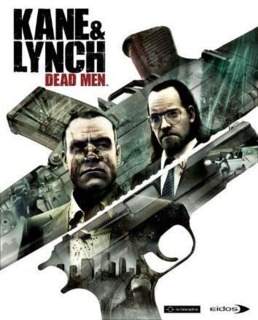The game that's so bad, it could cost you your job.
Eidos thought that they had a flop-proof game on their hands, because in their minds if they bought enough advertising space on a major game site, they would be guaranteed at least one "good" review from a credible source. If you were on Gamespot at the time this game came out, you couldn't escape the obnoxious crap promoting it every time you clicked your mouse. And then, one of Gamespot's best editors did his job the only way he knew how: he reviewed the game with honesty and integrity. Eidos was furious that the review they believed they had bought spoke negatively of their game, and put the squeeze on Gamespot to have said editor fired.
At the time, Gamespot's editor-in-chief was a former advertising consultant. That's right-- they replaced Greg Kasavin, a passionate gamer who has since moved on to actual video game development-- with some tool whose job was to tell corporations which locations would be ideal for them to carpet bomb with advertisements. CNET installed him because at the time, they wanted to make more money, and the easiest way to do that in their eyes was to start giving away higher review scores to keep advertisers happy-- and that meant there would be no room at the company for honest reviewers like Jeff Gerstman.
Due to backlash, Gamespot's editor-in-chief was fired, and over the last few years the website has done a good job of turning things around for the better. However, we must never forget what happened with Kane & Lynch, or else it's going to happen again. Game advertising cannot be involved with game journalism when it threatens the integrity of the journalists, and when a crappy game like Kane and Lynch comes along that demands reviews scores that it clearly does not deserve to the point where its publisher begins making threats, we as gamers must do everything in our power to make sure that the publisher is not rewarded for their bad behavior.

